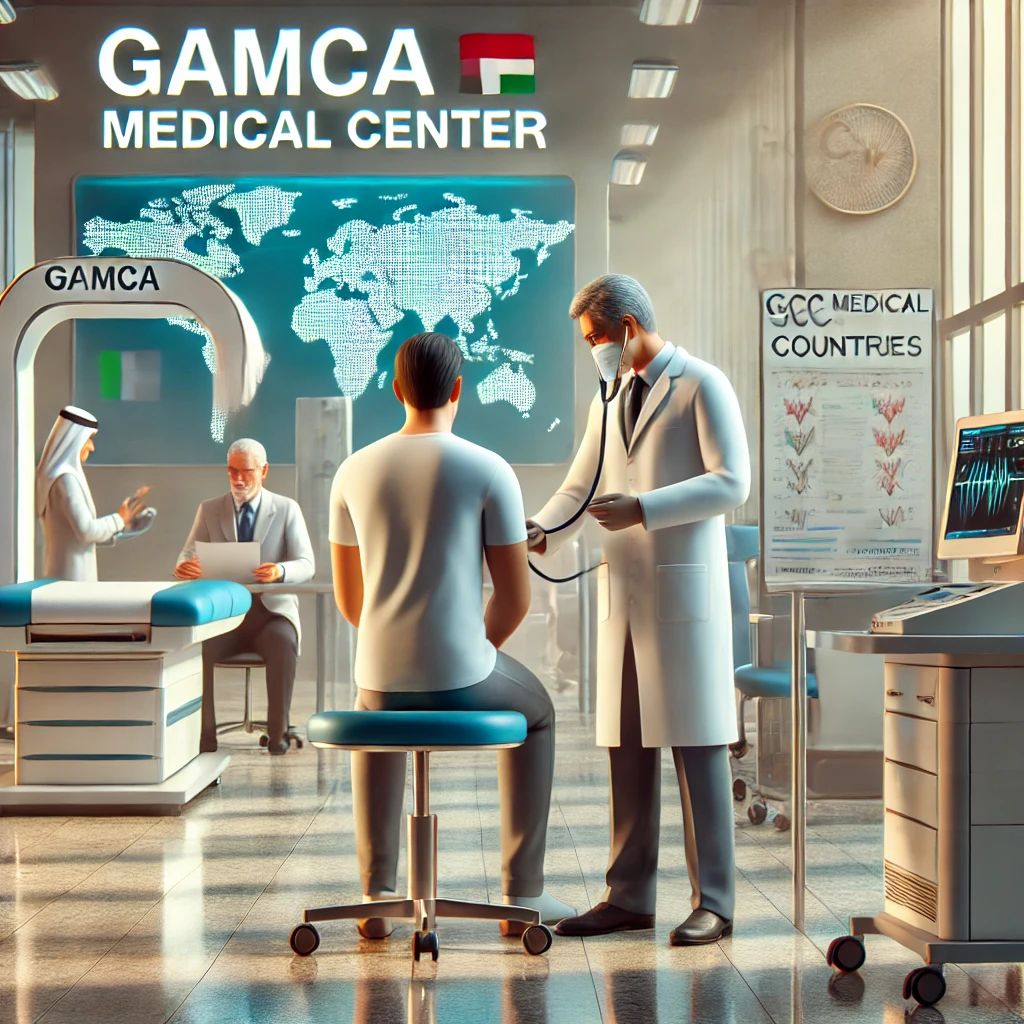
Yes, a preliminary health check-up is highly advisable before the official GAMCA (now often referred to as Wafid by the GCC Health Council) test. Here’s why and what it entails:
Why a Preliminary Check-up is Advisable:
- Early Detection of Issues: The GAMCA test is a pass/fail examination focused on specific infectious diseases and general fitness for work in GCC countries. A preliminary check-up can identify potential issues that might cause you to fail the official test, such as:
- Undiagnosed infections: Hepatitis B/C, HIV, Syphilis, Tuberculosis.
- High blood pressure or blood sugar: Indicating potential diabetes or hypertension.
- Kidney or liver abnormalities: Revealed through urine or blood tests.
- Drug metabolites: If there’s any recent history of substance use.
- Vision or hearing problems: That might affect your ability to work.
- Time for Treatment/Management: If any issues are detected during the preliminary check-up, you have the opportunity to seek treatment or manage the condition before the official GAMCA test. This significantly increases your chances of passing. For some conditions, like active TB or certain infectious diseases, failing the GAMCA test can lead to a visa denial and a ban from reapplying for a specific period (often 3-6 months, sometimes longer for serious conditions like HIV).
- Peace of Mind: Knowing your current health status can reduce anxiety before the official test.
- Avoid Rejection and Delays: Failing the GAMCA test leads to delays in your visa process and can be financially taxing due to re-application fees and lost time. A preliminary check-up helps avoid these frustrations.
- Updating Vaccinations: A preliminary check-up is a good time to ensure your vaccination records are current and get any necessary booster shots or new vaccinations (like Polio, Yellow Fever, or Meningococcal, depending on your origin and destination country) that might be required or recommended for GCC travel.
What a Preliminary Health Check-up Might Involve (Broader than GAMCA):
A comprehensive preliminary check-up would typically include tests that cover the scope of the GAMCA test, but often more broadly:
- Physical Examination:
- Measurement of height, weight, and BMI.
- Blood pressure, pulse, and respiration rate check.
- Examination of eyes, ears, nose, and throat.
- Listening to heart and lungs.
- Abdominal palpation.
- Assessment of reflexes and motor functions.
- General check for any physical disabilities or skin conditions.
- Blood Tests:
- Complete Blood Count (CBC): Checks for anaemia, infections, etc.
- Blood Sugar (Glucose): For diabetes screening (Fasting Blood Sugar or HbA1c).
- Lipid Profile: Cholesterol and triglycerides (though not always directly linked to GAMCA, good for overall health).
- Liver Function Tests (LFT): To assess liver health.
- Kidney Function Tests (KFT): To assess kidney health.
- Infectious Disease Screening: HIV, Hepatitis B & C, Syphilis, Malaria.
- Urine Analysis:
- Screens for sugar (diabetes), protein (kidney issues), infection, and potentially drug metabolites.
- Chest X-ray:
- To screen for Tuberculosis (active or healed lesions) and other lung conditions.
- Vision and Hearing Tests:
- To assess basic sight and hearing.
- Vaccination Status Review:
- Ensure you have all required or recommended vaccinations for travel.
Key Difference from Official GAMCA:
A routine or preliminary health check-up is more general and aims to assess your overall well-being, potentially identifying a wider range of conditions. The official GAMCA test, while comprehensive, is specifically designed to meet the health requirements for visa applicants to GCC countries and has a clear pass/fail outcome for those purposes.
In essence, investing in a preliminary health check-up is a proactive step that can save you significant time, money, and stress in your pursuit of a visa for GCC countries.



